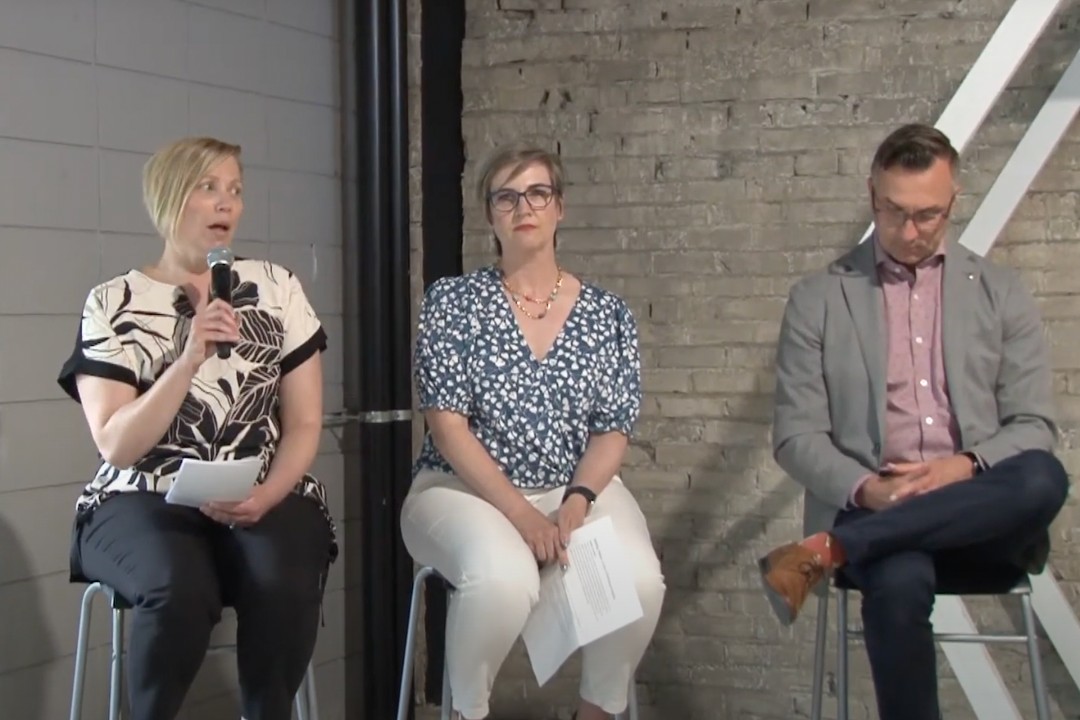Addressing inequities is among the priorities of Edmonton's Zoning Bylaw Renewal Initiative, says the director of the project.
"Our new municipal development plan gives us direction to be a more inclusive and compassionate city, and so we had to take a step back and really think through how can we take this equity lens as we're writing the bylaw," Livia Balone told Episode 228 of Speaking Municipally.
Zoning is about separating land use, but it has "also been used to segregate people and disconnect them from places, practices, and production," says the city's Gender-Based Analysis Plus and Equity Toolkit.
One way to make the bylaw more equitable is to base the regulations on land use impacts and not on who uses the land, Balone said. For example, the current bylaw has specific regulations for pawn shops and secondhand stores, prompting Balone and her team to examine why those were being regulated differently from other businesses.
"We felt perhaps our regulations were around the perceptions of the users of those businesses," she said. "And so we don't have pawn store as a separate use (in the proposed changes). It is now just called indoor sales and services. It's like any other type of businesses that's being offered in Edmonton."
The city also approached the University of Alberta's School of Urban and Regional Planning to identify ways the current zoning bylaw lacks equity or transparency, Balone said. One such area was discretionary uses, in which a zone had a limited number of permitted uses, and it was up to a development officer to use their discretion on whether to approve other uses. Instead, the proposed changes will expand the list of permitted uses, with some conditional regulations.
"(The discretionary use system) really wasn't transparent, wasn't equitable — a decision can be different from one neighbourhood to the next neighbourhood," she said. "The research that the university had done is really giving us that direction that it's OK not to have all these discretionary uses, and so we were able to take that and then make the changes to the bylaw."
More equity is a priority for the zoning bylaw renewal, but the overarching goal is to simplify regulations, Balone said. While the proposed renewal doesn't get down to the 10 zones that then-planner, now Coun. Anne Stevenson was hoping for when she spoke to Speaking Municipally in 2019, it does transform 46 zones into 24, and reduces the number of defined uses from 225 to 51.
Edmontonians can still provide input on the proposed changes until July 30 through the city's public engagement website. Another public hearing is scheduled for Oct. 16.
Hear much more about the zoning bylaw renewal initiative on the July 21 episode of Taproot's civic affairs podcast.

